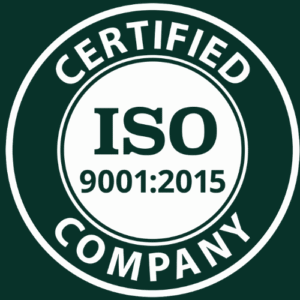ISO Registration
ISO Registration is a globally recognized certification that showcases your business’s commitment to quality, safety, efficiency, and international standards. Whether it’s ISO 9001 for quality management, ISO 27001 for information security, or ISO 14001 for environmental responsibility, obtaining ISO certification builds customer trust, enhances credibility, and opens doors to global opportunities. For startups as well as established enterprises, ISO certification not only ensures compliance with international benchmarks but also boosts operational excellence and competitive advantage in the market.
- Business Registration Proof
- Address Proof of Business
- Scope of Business
- Organization Chart
- Quality Manual / Process Documentation
- Invoice or Sales/Purchase Records
- ID & Address Proof of Proprietor/Partners/Directors
- Choose the ISO Standard
- Select a Certification Body
- Submit Application with scope and company details
- Document Review by the certification body
- Initial Audit (Stage 1) – review of documents and readiness
- Final Audit (Stage 2) – on-site assessment of processes
- Certification Decision
- Surveillance Audits – annually (usually for 3 years)
ISO certification is generally not mandatory for all businesses; it is voluntary unless specifically required by certain industries, government regulations, or client contracts.
ISO certification usually applies to a company’s management systems (such as quality, environmental, or information security management), not to individual products—though it demonstrates that products/services conform to defined processes and standards.
An ISO certificate is typically valid for three years. Renewal requires a re-certification audit by an accredited certification body before expiry, and organizations must demonstrate continued compliance with the relevant ISO standard throughout this period.
A business can change its certification body (often called a “transfer”) by applying to a new accredited body, providing all required documents, and undergoing necessary transition audits to ensure continued compliance.
While there is generally no legal penalty for lacking ISO certification, using an expired or revoked certificate can constitute misrepresentation or fraud, potentially leading to civil or criminal liability, especially where contracts or regulatory requirements mandate valid certification.

